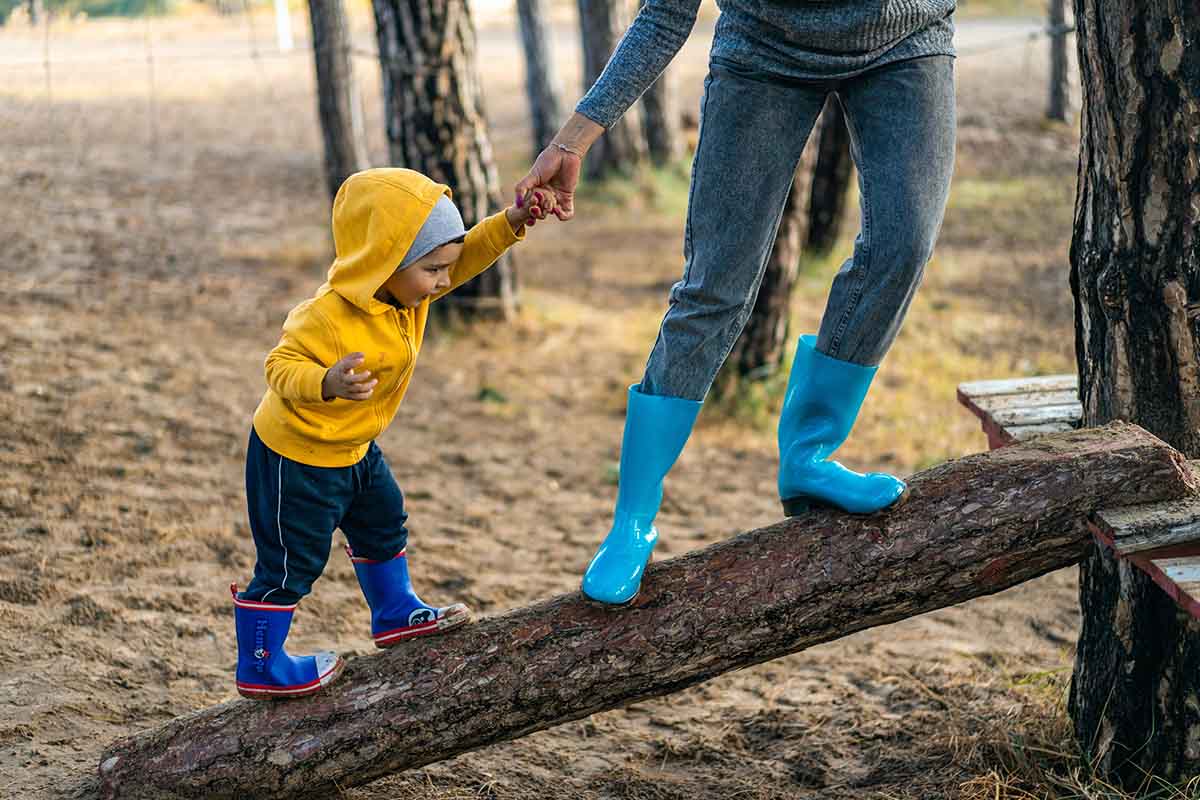Building Resilience in Your Kids – Top 4 Tips
What decides how well your kids will handle the challenges of life? Can you impact it? As much as we would love to protect our children from the stresses of life, it isn’t possible. There are always difficulties that present themselves to every person.
Some people seem to get more than their fair share, but no one escapes. Resilient people tend to handle these situations better than others. What is this quality, and how can you help your child develop more of it? Let’s explore.
Why Is Resilience Important?
As we all know, bad things are bound to happen. However, our response to those bad things often profoundly impacts the situation. It can markedly improve the problem or make things drastically worse.
People who have more resilience can respond more positively to troubles. They tend to stress less, remain calm, look for reasonable ways to deal with the situation, and bounce back quicker after a hard blow.
How Do You Become Resilient?
To a certain extent, resilience is innate. That means that you are born with it. Just watch a few different babies, and you’ll see how they respond differently to the same challenges. The more determined to succeed (and less affected by failure) are more resilient.
With that said, a certain amount of resilience also comes from your environment. In other words, children can learn strength, and you can help them.
Building Resilience in Children
Everyone wants their child to navigate the rough waters of life effectively. Here are a few tips you can use to help them develop the resilience they’ll need to do that.
Love Them Unconditionally
A strong, loving relationship is one of the most prominent determinations of a child’s resilience. Be there for your child. Let them know you have their back — no matter what. That doesn’t mean you constantly swoop in and make everything better, but it does mean they won’t be alone.
Independence
Encourage your child to be autonomous and independent. Swooping in at every hardship is detrimental to developing resilience. Sometimes you have to take a step back and wait for your child to figure it out on their own, encouraging them as needed.
Problem-Solving Skills
Help them develop problem-solving skills through games, crafts, puzzles, and toys. Nearly anything can cause frustration for small children. A little bit of frustration, followed by the success of figuring out how to deal with it, goes a long way toward developing resilience.
Building Resilience in Your Kids: Strong Faith or Culture
You aren’t the sole source of resilience. Children who grow up in church or with solid cultural traditions tend to be more resilient — perhaps because they feel confident in being part of something larger than themselves.
Raising Resilient Kids
These tips will help, but remember that you are not alone. Mental health in children can be tricky, particularly if your child has to face a tremendous struggle early on. Don’t be afraid to reach out for professional help when needed.




















